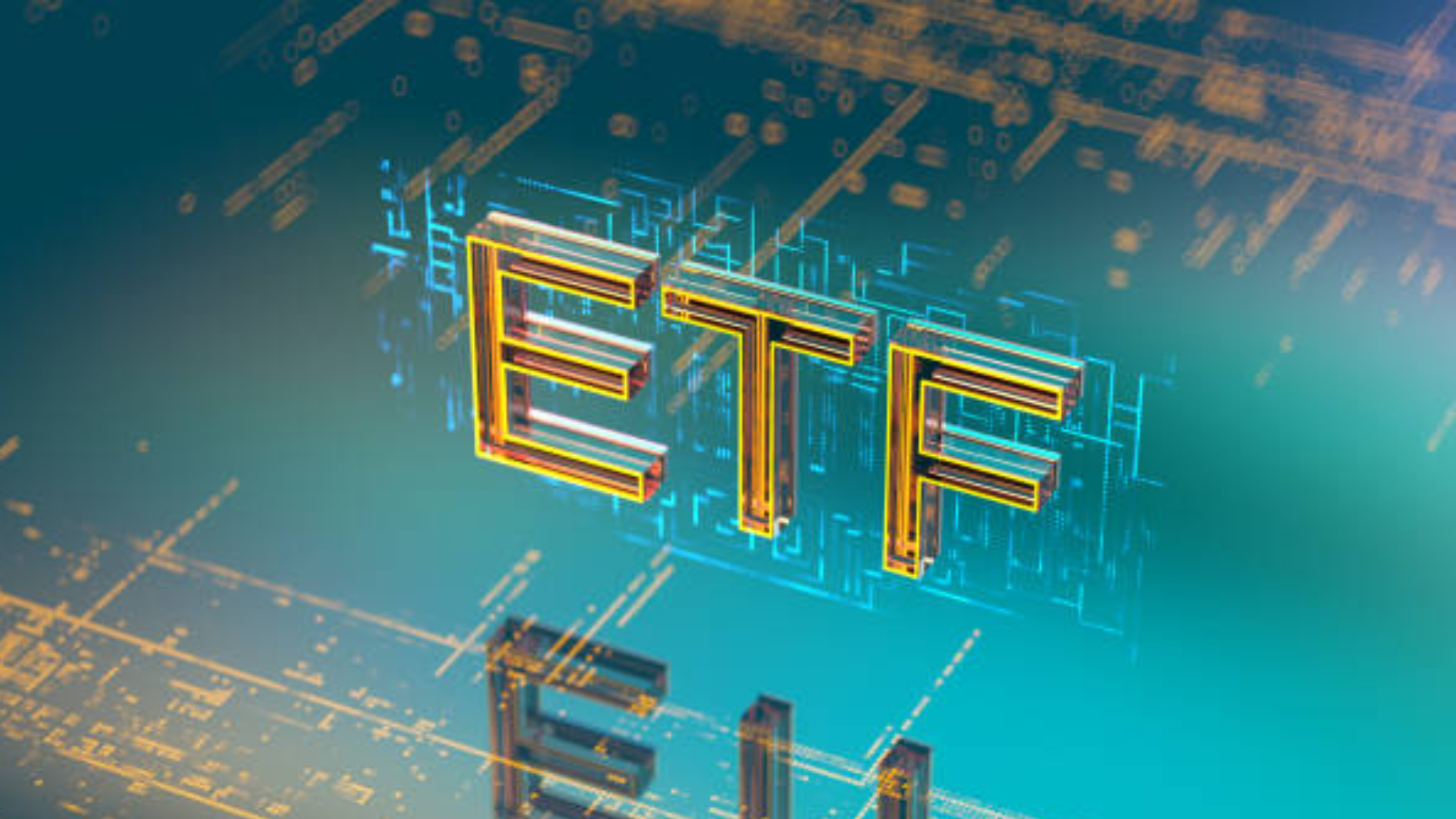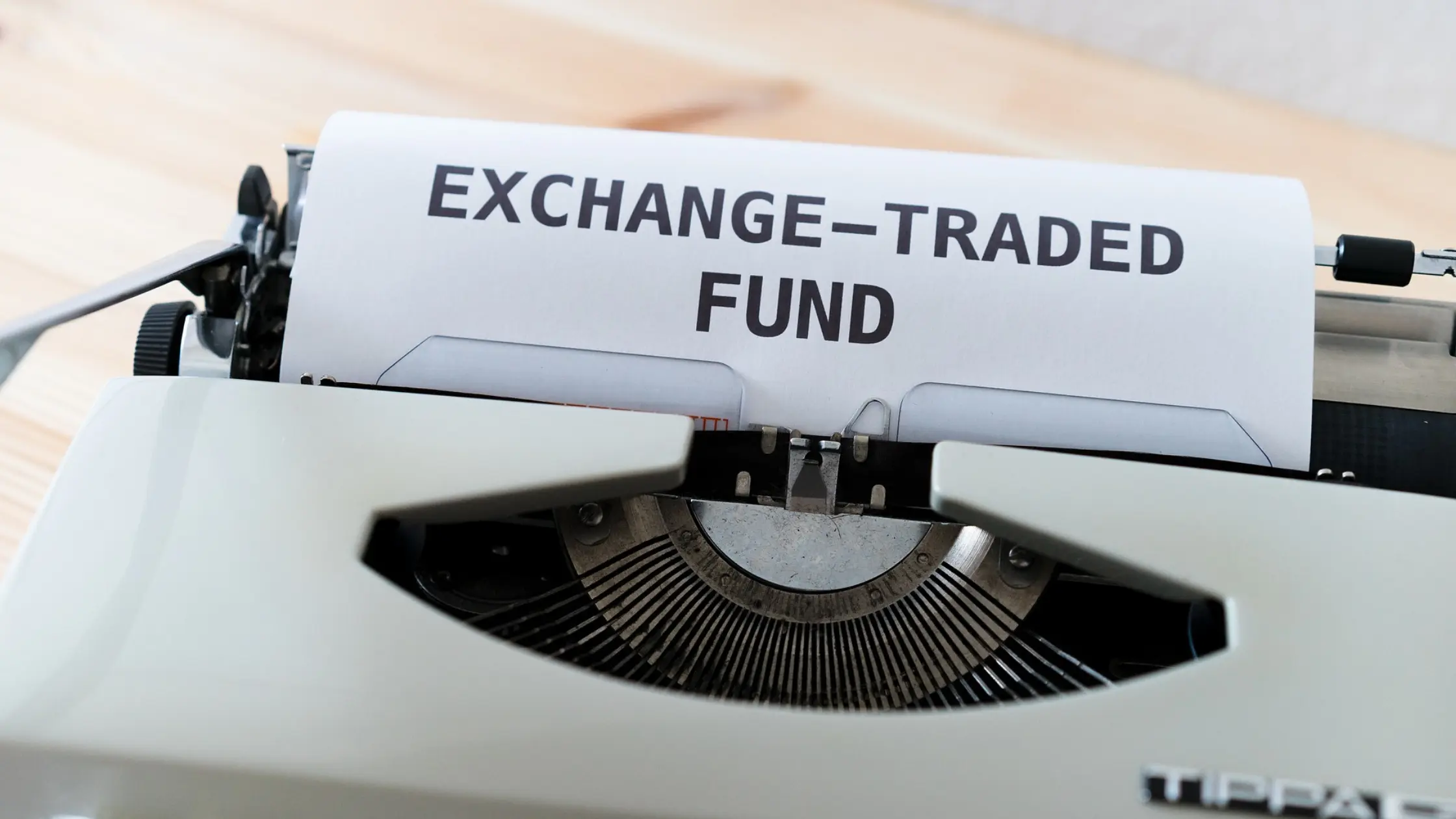As long-term investors, living in Asia provides us with ample opportunity to benefit from the region’s dynamic growth.
One such sector that is expanding consistently is insurance, whether that’s life, health, auto or travel – the demand to be insured is there.
While there are clearly some great insurance stocks in the region to ride on that trend, we should also think about purchasing insurance ourselves as part of a holistic financial plan.
Before we even think about investing, we should have a financial self-assessment to ensure we’re ready to put money to work over the long term.
Part of having an “emergency fund” also means having protection in terms of adequate insurance coverage.
Insuring for peace of mind
Insurance works by essentially pooling together a large group of peoples’ money so that when one of them requires a payout, it can be made.
It’s a critical form of risk management in our everyday lives, from insuring our homes to our own lives.
For individuals, paying an insurance “premium” usually means contributing a set amount every month or year to ensure coverage.
In Asia, having that “safety net” of an insurance policy is important given government-backed programmes don’t tend to cover all our needs.
A prime example is medical expenses. According to The Fintech Times, inflation in medical expenses in Southeast Asia is running hot – this year medical expenses are expected to be 10 times the global average.
Meanwhile, the broader Asia region has six times as many millennials as the US and Europe combined while this generation of young people are severely underinsured compared to our “boomer” parents.
Finding the right plan for you
What’s more, our generation are digital natives – used to buying and consuming online. Imagine what the process of applying for an insurance policy was 20 years ago, filling out endless paper forms and then mailing them in.
Nowadays, millennials (old and young alike) are able to easily compare plans and prices online, finding what suits their own needs and particular situations.
Even better, since a lot of millennials don’t always have substantial amounts of money to fund their insurance premiums, affordable micro-insurance (where you can build up your coverage over time) options are starting to sprout up.
Contrary to what a lot of people may think, insurance isn’t just a necessary product for the older generation.
Ensuring we’ve got sufficient insurance coverage, particularly for our healthcare needs, before starting our investment journey will mean we can be more disciplined when putting our money to work over the long term.









